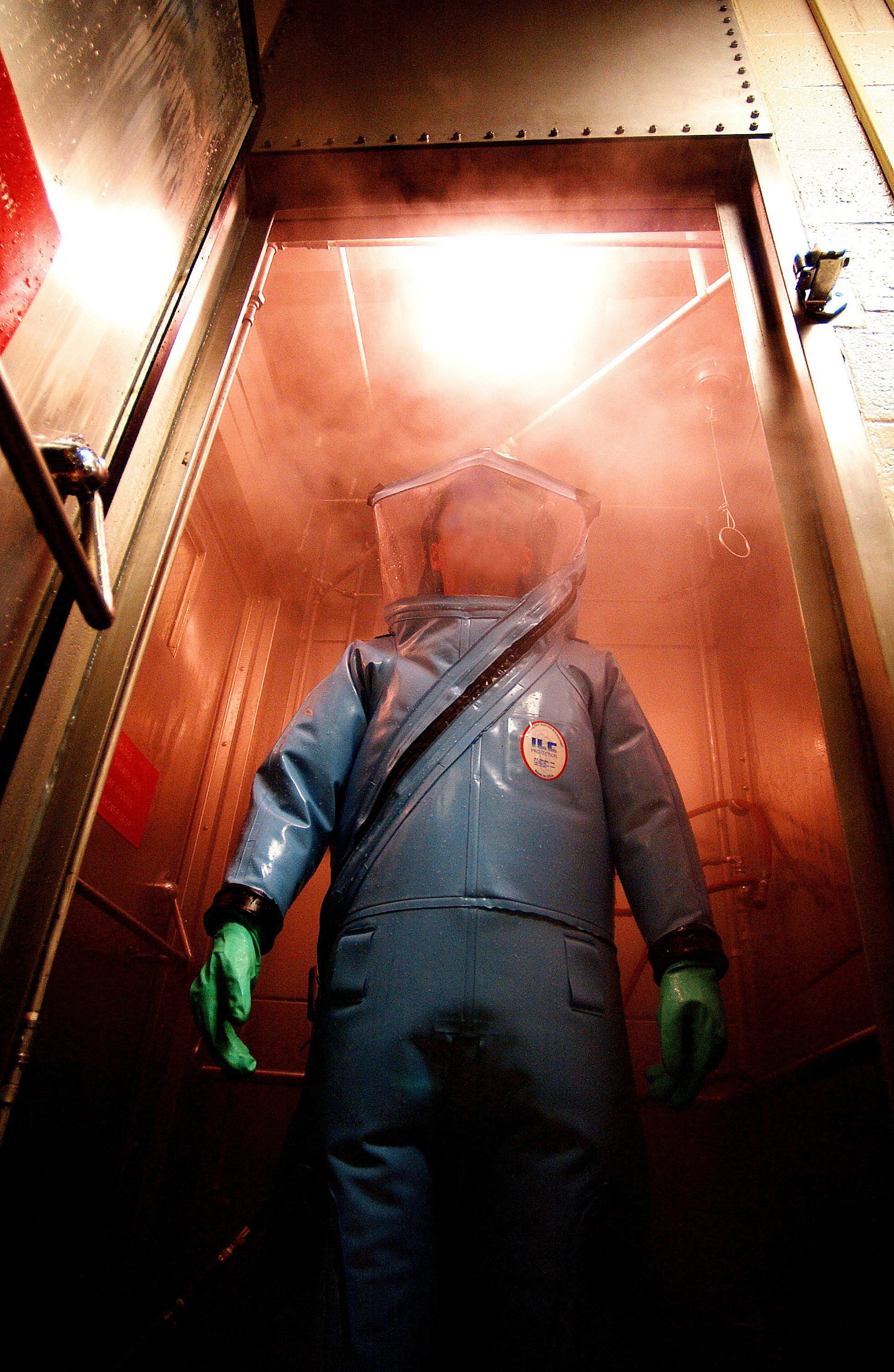Judge Blocks DOJ Anthrax Reversal

July 27, 2011
Share
WASHINGTON – A federal judge has blocked, at least temporarily, a Justice Department attempt to back away from court admissions that appeared to undercut previous FBI’s assertions that an Army researcher was responsible for the 2001 anthrax attacks.
In an order issued Monday, U.S. District Judge Daniel Hurley of West Palm Beach, Fla., said the government must “show good cause” before he will allow it to change the original filing, which lawyers for the department’s Civil Division made in an eight-year-old case brought by the family of one of the five victims.
That filing asserted that Bruce Ivins, who the FBI alleges manufactured the anthrax in his government lab, did not have access in the lab to the special equipment needed to make the deadly powder. The Justice Department wants to revise the filing to say that Ivins had access to the equipment at the U.S. Army bio-weapons facility in Frederick, Md., where he worked.
It’s unclear whether the department’s attempt to undo its filing in the civil suit will result in further disclosures about the FBI’s theory of how Ivins could have prepared the dried anthrax powder contained in letters mailed to Florida, New York City and Washington, D.C.
Ivins, who committed suicide in July 2008 after learning that prosecutors were pushing for his indictment on five capital murder counts, had been known to work with anthrax only in a wet solution and not dried spores.
Hurley’s objection appears to be largely procedural. He advised department lawyers to seek court permission to file an amended motion, but he also said that such an amendment should include a showing of “good cause” as to why material statements accompanying a motion to dismiss the suit were being changed.
The $50 million wrongful death case was filed on behalf of the family of Robert Stevens, a photo editor for American Media, Inc., who was the first person to die from inhaling the tiny spores. The anthrax letters were mailed to news outlets and two U.S. senators in the days after the Sept. 11 terror attacks.
In seeking to dismiss the suit, which alleges government negligence in failing to secure anthrax stocks at the Frederick, Md., facility, the government has argued that taxpayers have no liability for harm caused when a federal employee commits an assault or battery.
Richard Schuler, a lawyer for Stevens’ widow, Maureen Stevens, and their three children, said he will be interested to see the government’s attempt to show “good cause” for changing its statement of facts in the case.
“It’s a pretty serious thing to file a representation of facts with the court and then a couple of days later to seek to alter those facts,” he said.
Department spokesman Dean Boyd said the government will respond to the judge in court filings.
UPDATE — July 28, 2011 The Justice Department has filed new motions asking to more fully explain and correct its earlier ones. Read the filings here.
Related Documentaries
Latest Documentaries
Related Stories
Related Stories
Explore
Policies
Teacher Center
Funding for FRONTLINE is provided through the support of PBS viewers and by the Corporation for Public Broadcasting, with major support from Ford Foundation. Additional funding is provided the Abrams Foundation, Park Foundation, John D. and Catherine T. MacArthur Foundation, Heising-Simons Foundation, and the FRONTLINE Trust, with major support from Jon and Jo Ann Hagler on behalf of the Jon L. Hagler Foundation, and additional support from Koo and Patricia Yuen. FRONTLINE is a registered trademark of WGBH Educational Foundation. Web Site Copyright ©1995-2025 WGBH Educational Foundation. PBS is a 501(c)(3) not-for-profit organization.
























